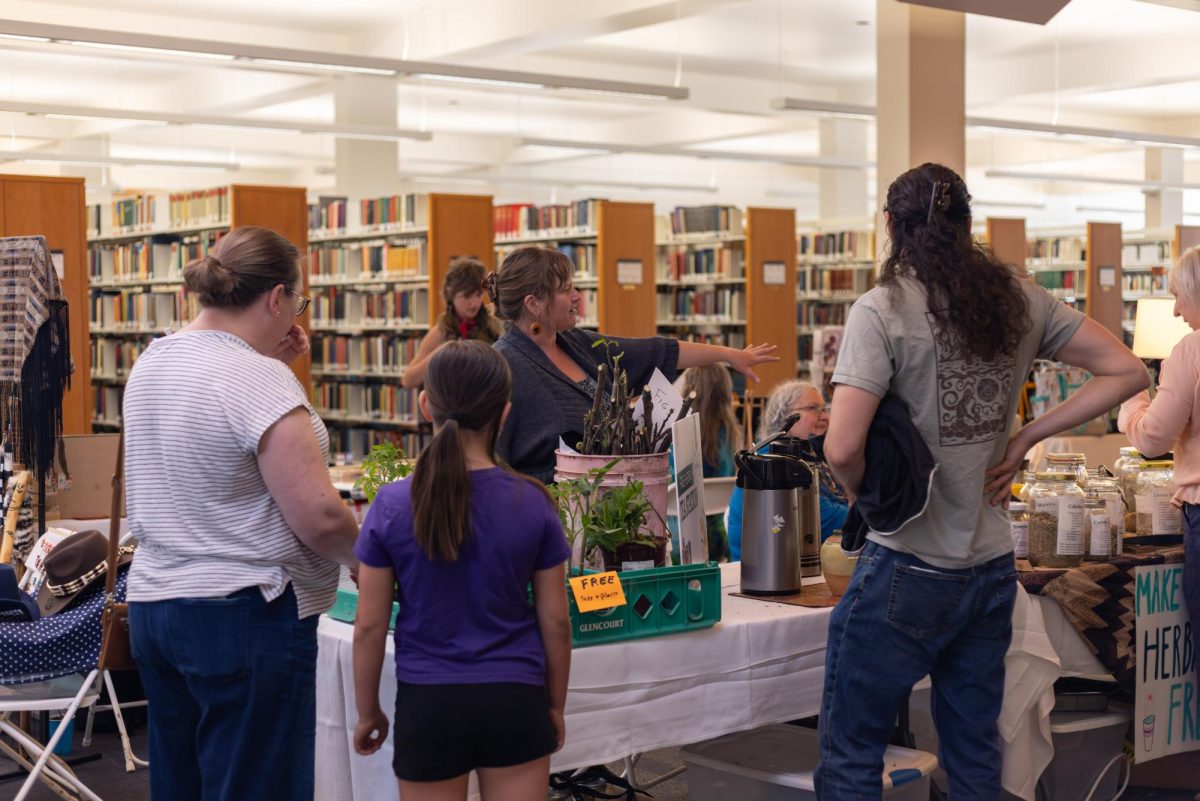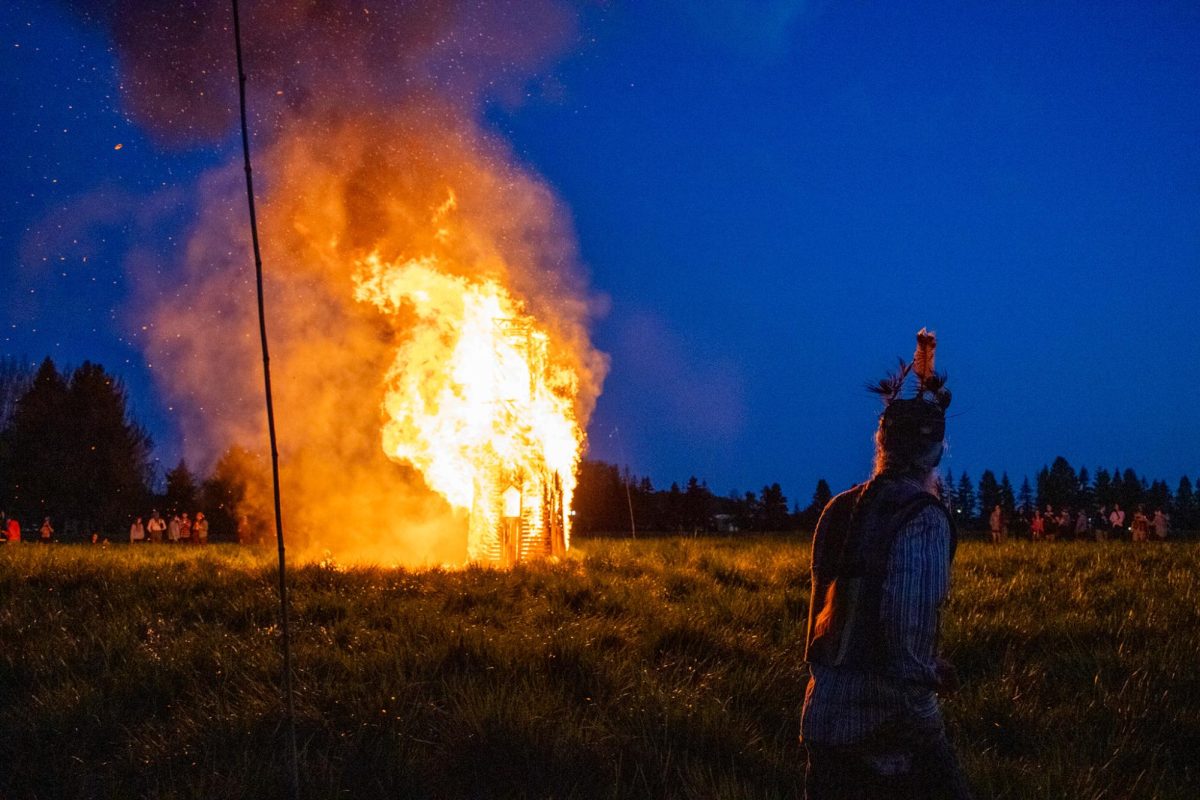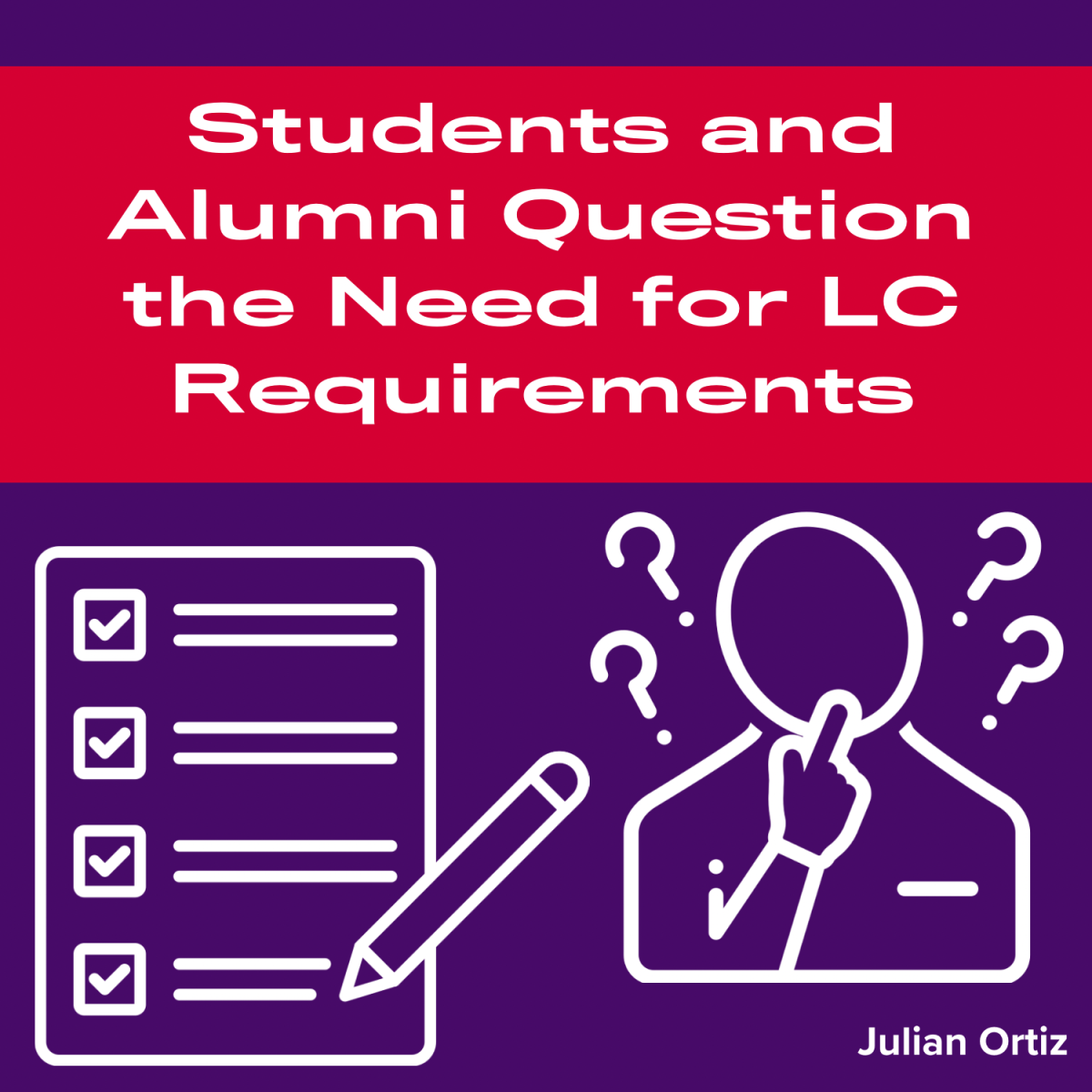Spoiler alert, this entire novel is about a dead baby and then the angry ghost of that dead baby, which sounds a bit ridiculous as the premise of a novel, but in reality Toni Morrison’s “Beloved” is an extremely emotional and serious novel about the impact of slavery.
“Beloved” follows the story of Sethe, an ex-slave that escaped to the North to live with her children, many years after the move.
Living with her youngest daughter, Denver, in a house haunted by the spirit of Sethe’s first daughter, the spirit makes the walls shake, items break, and has driven Sethe’s sons from the home.
Suddenly, however, the spirit stops its episodes within the house and very soon after, a young woman, named Beloved, shows up at Sethe’s home.
Sethe takes the girl in and begins treating Beloved as her own.
Sethe’s past is told through a series of flashbacks. After the Fugitive Slave Act of 1850, Sethe’s previous and sadistic owner arrives in the North to reclaim her and her children. Rather than have her babies live a life of forced servitude, Sethe decides to take their lives, along with her own, instead.
When Sethe’s owner finds her holding the corpse of her young daughter, he decides to give up and let her be in the North.
A huge question surrounding “Beloved” is if Sethe’s actions, taking the life of her child, were justifiable given the circumstances?
The character of Sethe is very complicated because Sethe is not so much a person, but rather a vessel that serves others. As a slave, Sethe was fully a slave and did nothing for herself and could not develop her own sense of self and then she went from slavery straight into motherhood, where she threw herself into taking care of her children.
Her entire post-slave life was about her family and she focused her energy on their development rather than her own.
Toni Morrison based the novel off of a real ex-slave, Margaret Garner, who killed her own daughter in order to save her from slavery.
The novel can be a difficult read for sensitive souls because it is plagued with scenes and mentions of sexual assault, which is not a huge surprise because it is a novel about a slave woman.
It should be common knowledge to anyone that does not believe the fairytales told to them in high school American history that people, especially slave owners, are/were generally awful people and liked to rape people they thought were lesser than them, which is probably why nine out of 10 rape victims are women.
Paige Jurgensen / Columnist
Paige Jurgensen can be reached at [email protected]






